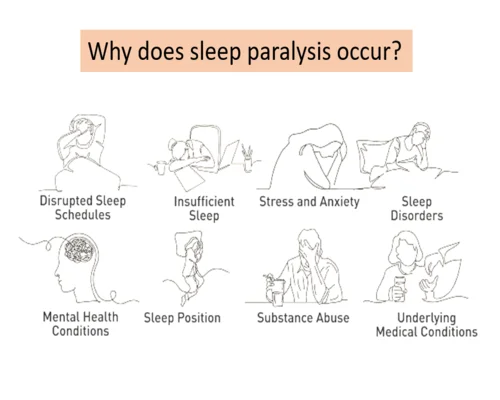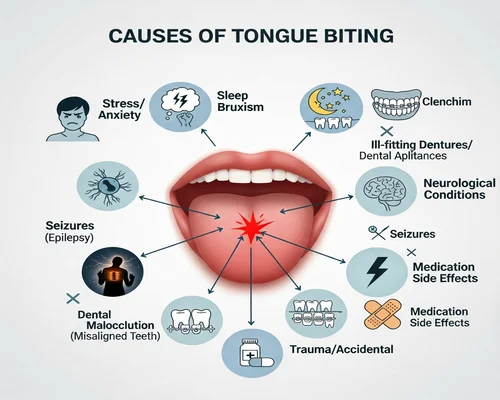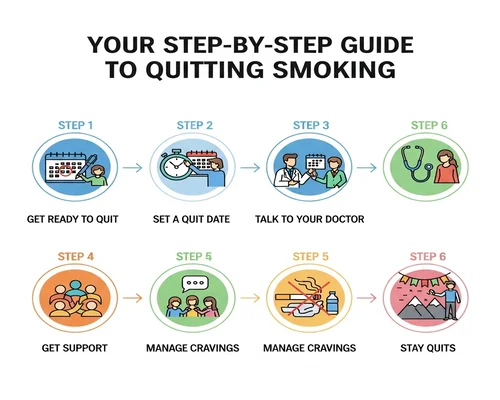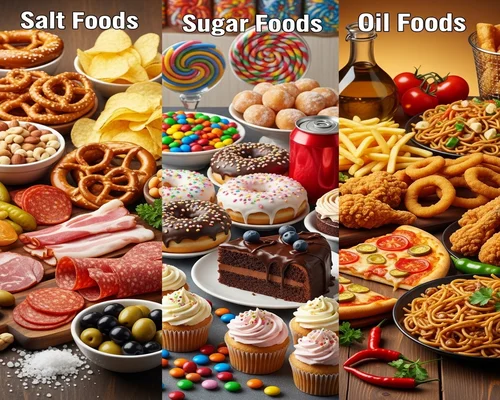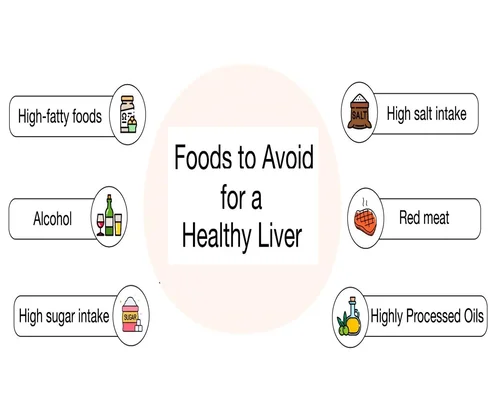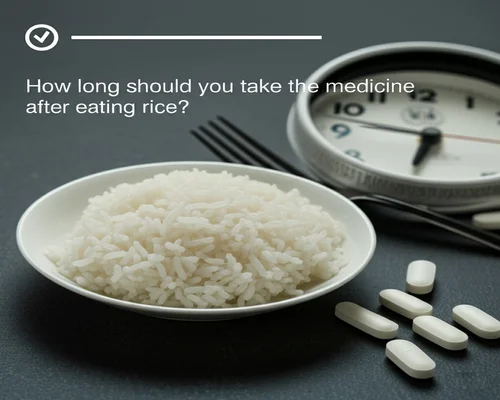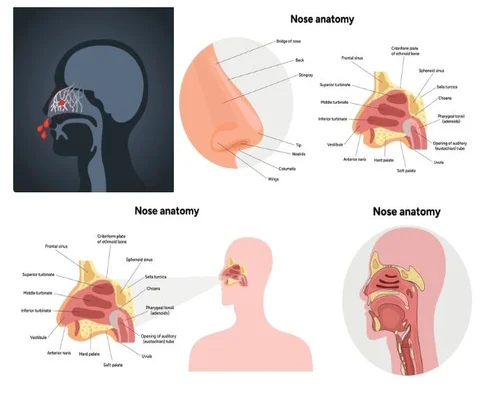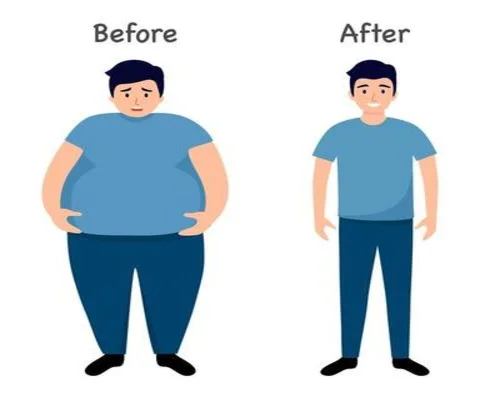
Want to lose weight? Follow these four methods
Want to lose weight? Follow these four methods
These days, there is no end to worrying about weight. Many people say, I control my food, I walk, I try so hardóbut why am I not losing weight? Meanwhile, social media is full of advisory articles and videos about various ways to lose weight. People are buying everything from slimming tea, apple cider vinegar at high prices. They are consuming neem leaf powder, aloe vera, moringa powder, bitter gourd juiceóand many more. But does it really help in losing weight? If not, what is the reason for the weight loss?
Why does weight gain occur
Basically, our weight depends on two things. Daily calorie intake and daily calorie expenditure. We should consume calories depending on our physical labor and the type of work we do. If calorie intake is more than calorie expenditure day after day, then gradually excess calories will accumulate and weight will increase. At some point, it will become out of reach. But the whole thing is not that simple. There are many other things at work in between. There are genetic factors, hormones and neurotransmitters play a role, there are some psychological or psychological factors. Many people have a slightly overweight family history. Again, some genetic diseases cause weight gain, such as Prader-Willi syndrome, polygenic obesity, etc. Some hormonal diseases, such as hypothyroidism or excess cortisol hormone, hypothalamic disorders, PCOS cause weight gain. Some medications such as steroids, insulin, sulfonylurea drugs, some antidepressants or antipsychotics can cause weight gain. Due to stress or illness, some people eat excessively, some people have high food cravings, emotional eating or food addiction to certain foods. Deep down, certain chemicals in the body control our eating habits, food preferences, satiety and hunger levels. The hypothalamus of the brain contains the hunger center and the satiety center. They are regulated by certain hormones and chemicals (such as leptin, ghrelin, insulin, glucagon-like peptide, peptide Y, etc.). The fluctuations of these chemicals are related to our eating habits, behavior, and weight fluctuations. However, our poor eating habits and physical inactivity are responsible for weight gain in obesity.
How to know if you are obese
With BMI or Body Mass Index, we can understand what the ideal weight should be according to height. BMI is obtained by dividing weight (in kilograms) by height squared (in meters). Nowadays, BMI calculators are available in various apps, so that if you give your weight and height, it will calculate BMI. The ideal BMI is different for Asians and Westerners. If Asians have a BMI above 23, they are called overweight, and if it is above 25, they are obese. A BMI above 30 is very dangerous - this is called morbid obesity.
Apart from BMI, another factor is very important to understand obesity. That is the size of the abdomen or stomach. If measured with a tape measure in the middle of the abdomen, it is more than 80 cm for women and more than 90 cm for men, then it can be said that he is suffering from overweight.
Dangers of weight gain
A large number of men and women are at risk of various diseases due to obesity. With weight gain, the risk of diabetes, high blood pressure, high cholesterol, heart disease, sleep apnea, stroke, fatty liver, gallstones, osteoarthritis, gout, infertility and even various types of cancer increases. Due to weight gain, many people become victims of mental instability, depression, body image disorders and bullying. Therefore, obesity is now considered the most dangerous non-communicable disease in the world.
How to lose weight
You actually need a well-planned roadmap to lose weight. There are four main methods of losing weight:
1. Diet: It is said that by reducing 500 calories from your daily diet, it is possible to lose one kilogram of weight every two weeks. You can take the help of a nutritionist to measure your daily calorie requirement according to your height and daily activity. Instead of white rice, flour-based foods, noodles, pasta, sugar, sweets, you should choose complex carbohydrates, such as brown rice, brown flour, oats, or whole grain foods, fish, skinless chicken, milk, yogurt, eggs, pulses, etc. In terms of fatty foods, you should choose unsaturated fats found in fish oil and nuts. No matter what type of food you eat, you should reduce the amount of edible oil. Saturated fats such as butter, ghee, visible fat in meat should be eliminated, trans fats should be eliminated, that is, oily foods cooked at high temperatures, such as fast food, fries, cakes and pastries, etc. If you want to lose weight, you should do moderate aerobic exercise for 30 minutes every day, at least 5 days a week.
2. Exercise or physical activity: To lose weight, you need to burn calories. Many people go on crash diets, not eating; but still ca not lose weight because they lead a sedentary lifestyle. If you want to lose weight, you should do at least 150 minutes a week (30 minutes a day, at least 5 days a week) of moderate aerobic exercise. Aerobic exercise includes brisk walking, jogging, swimming, cycling, dancing, Zumba, and sports. This type of exercise will burn 3-6 metabolic equivalent calories per day. In addition to regular exercise, use the stairs instead of the elevator, walk to the bus stop or market, do gardening, play with pets or children, etc.
3. Sleep cycle and screen time: Currently, sleep is being given special importance to stay healthy and maintain a proper weight. At least seven hours of good sleep is needed at night. Not less than six hours and not more than eight hours. You should go to bed early and wake up early. The sleep rhythm or cycle should always be maintained, even on holidays. Daily screen time should never exceed two hours. Those who have to work in front of a screen or sit on a computer for a long time during the day should take breaks every two hours and take short walks.
4. Medicine: For those who have obesity-related diseases (such as diabetes, high blood pressure, fatty liver, sleep apnea, osteoarthritis, etc.) and have not been able to lose the desired amount of weight despite six months of lifestyle changes, anti-obesity treatment can be started at a lower dose.







